Global climate change has had profound impacts on food and water availability, habitat availability, and infrastructure vulnerability, while threatening biodiversity across all ecological scales. In this National Science Foundation collaborative IRES project, undergraduate student researchers will travel to Ghana for six weeks over the summer to study the response and adaptation of dragonflies in different climactic habitats, with the goal of broadening our understanding of the effects of regional and global environmental change on biodiversity. The project will recruit 18 undergraduate student researchers to work on projects that are critically important to document and preserve biodiversity and understand the adaptations that allow successful colonization during rapid environmental change. Students will be recruited from traditionally underrepresented groups to build capacity, thereby increasing inclusion, equity, and innovation in the broader research community. Further, students from both the U.S. and Ghana will be mentored by a diverse, interdisciplinary, multi-institutional, and international team, gaining a high degree of professional and personal development through exposure to a variety of expertise at different types of institutions and in different research contexts. Fostering international collaborations is a necessary step for worldwide conservation of biodiversity due to climate change, and this program will facilitate such an endeavor, as the research is a collaboration among three institutions, The Pennsylvania State University, the American Museum of Natural History, and the international host institution University of Cape Coast in Ghana. This collaboration will allow us to leverage student and faculty capacities built over the course of the project to extend to other countries that share similar ecological concerns.
West Africa is thought to be one of the world’s most vulnerable regions to the effects of anthropogenic environmental change and subsequent loss in biodiversity. However, there remains a paucity of information on insect species biodiversity and their distribution in the region, how rapid environmental change affects those assemblages, and the morphological adaptations that may allow insects to adapt to a changing environment. This project will exploit naturally occurring climate ecozones within a small geographic range in Ghana to assess the effects of environmental change, both natural and anthropogenic, on odonate biodiversity and community structuring. Additionally, the project will assess the wing and neural adaptations that contribute to successful colonization of diverse habitats, which may predict insect survival and colonization in a rapidly changing environment. In view of Ghana’s rapid habitat losses and quickly changing landscape, this project offers the first comprehensive faunal studies for databasing, future monitoring, and conservation of the undocumented and underrepresented odonata species of Ghana. Leveraging methodology from material sciences and neurobiology, this project also will link phenotypic variation in morphological attributes (e.g., optical properties, durability of wings, mushroom bodies) with variation in environmental factors across the three ecozones of Ghana. Doing so will elucidate which morphological characteristics allow successful colonization of different habitat types. Overall, this project will extend our knowledge on the effects of environmental change on odonata distributions, as well as the morphological adaptations that correlate with variation in environmental factors.
SEM images of Odonata wings
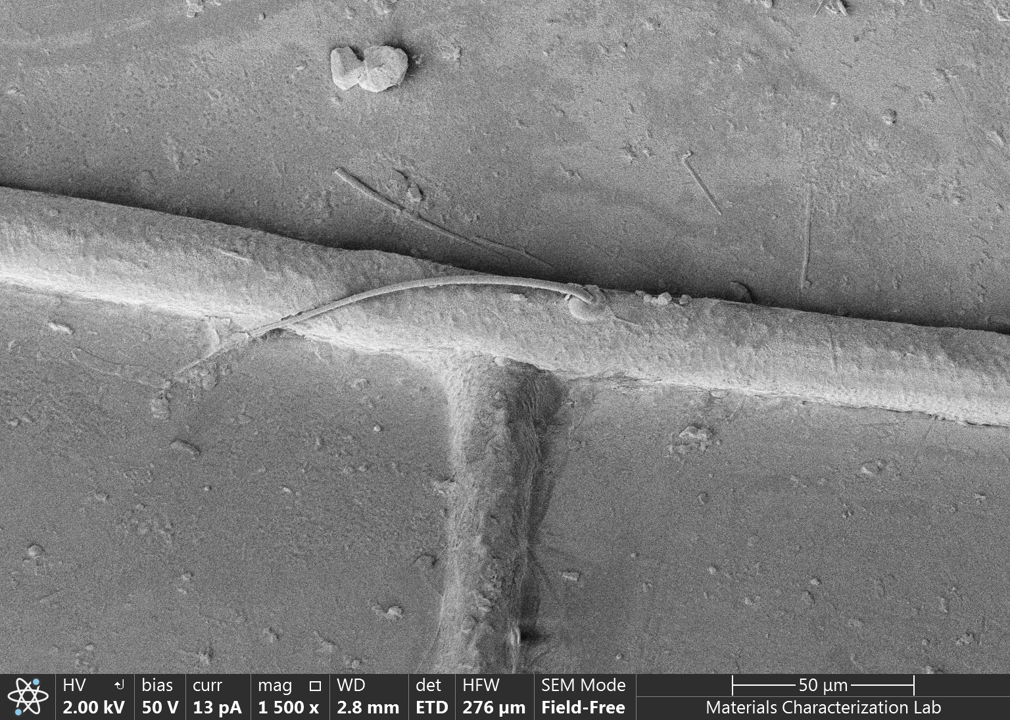
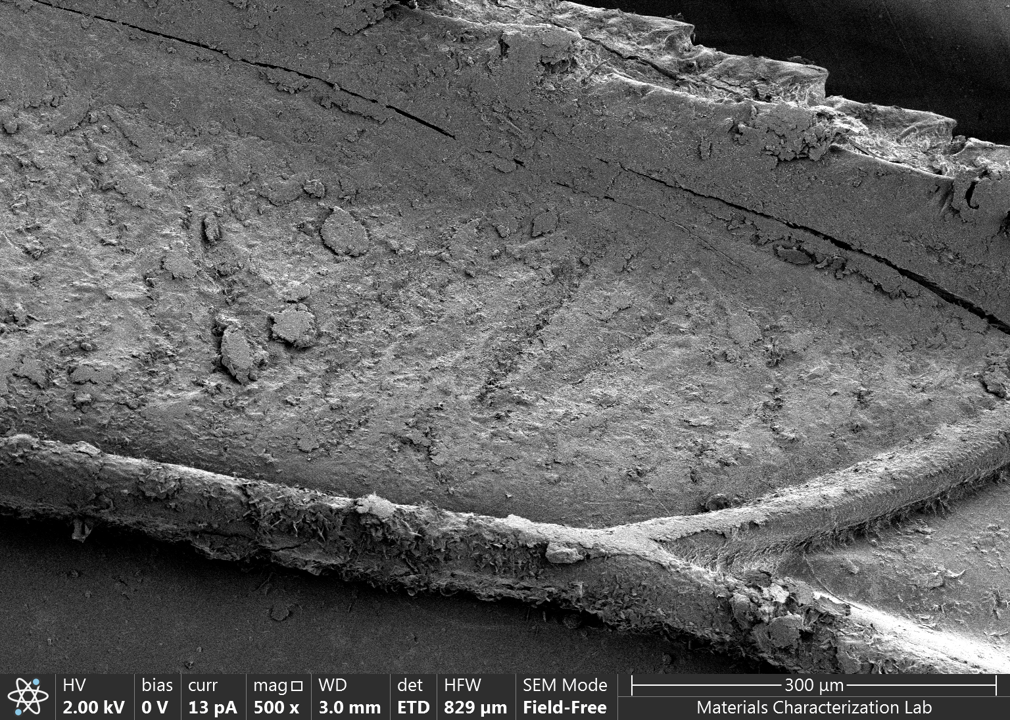
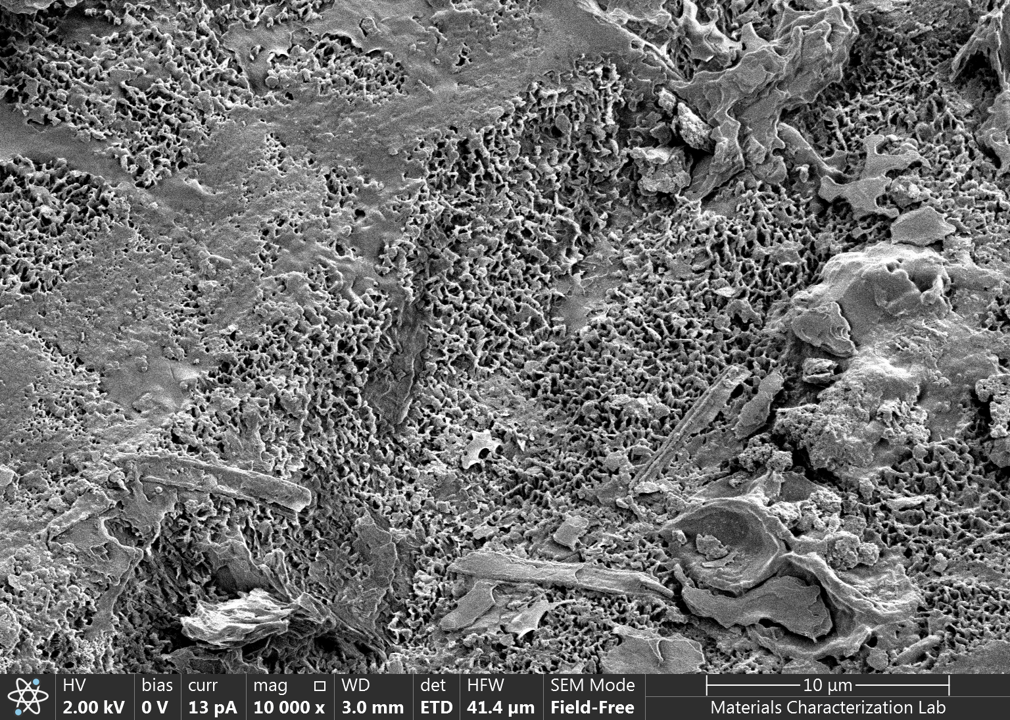
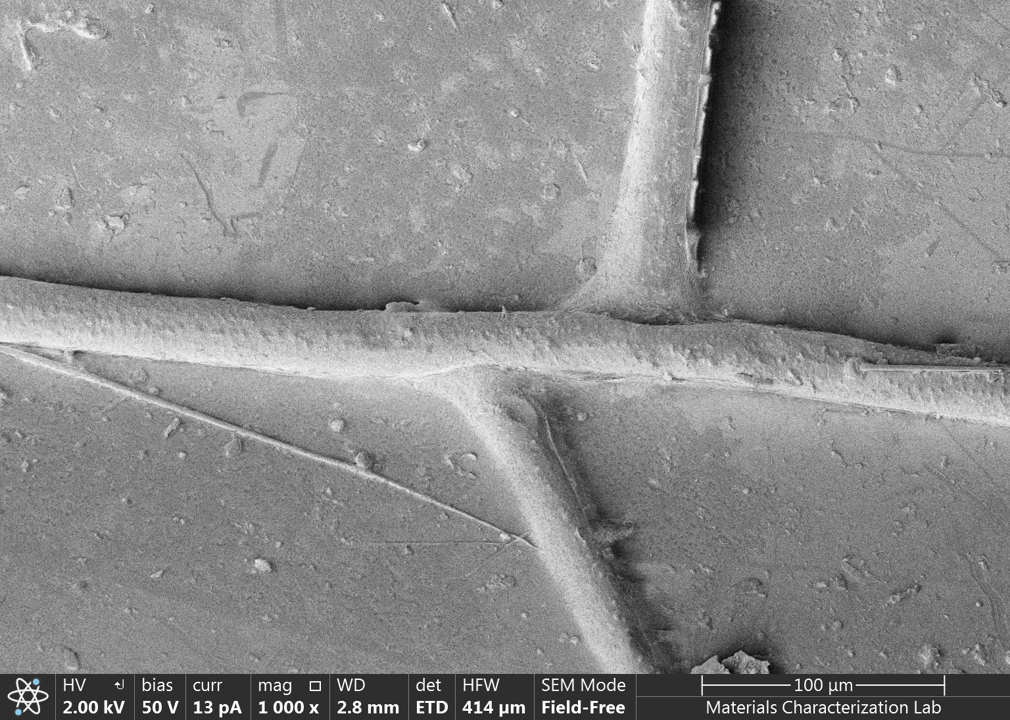
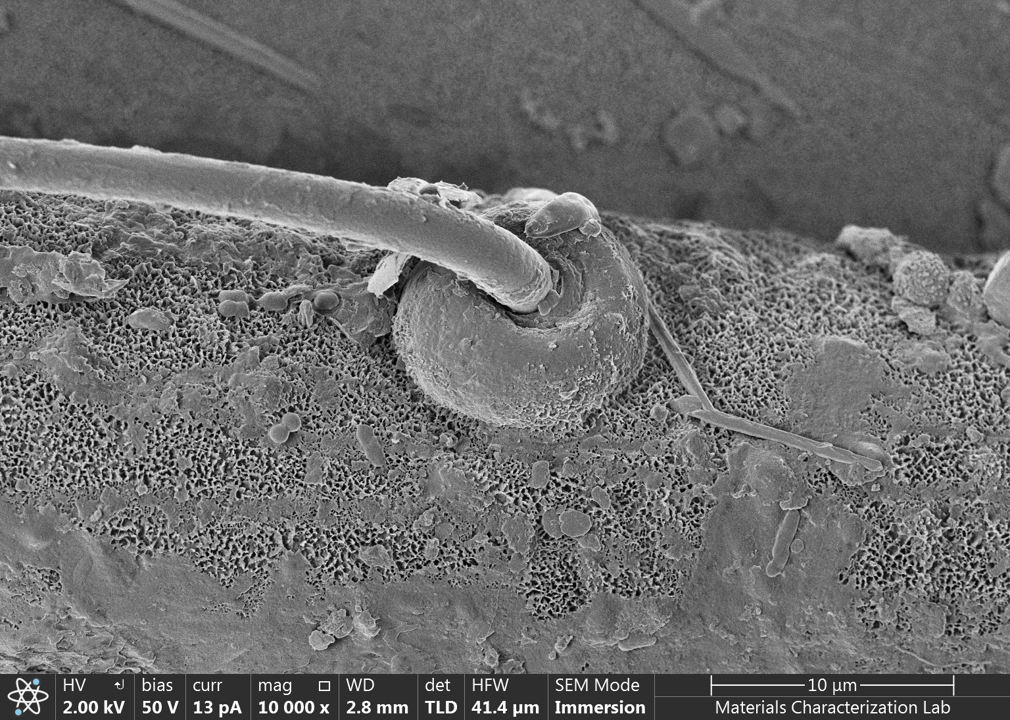
This material is based upon work supported by the U.S. National Science Foundation under award No. OISE-22462577.
Any opinions, findings and conclusions or recommendations expressed in this material are those of the author(s) and do not necessarily reflect the views of the U.S. National Science Foundation.